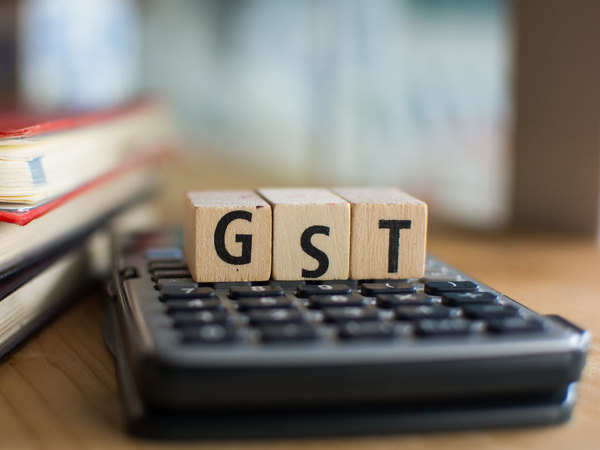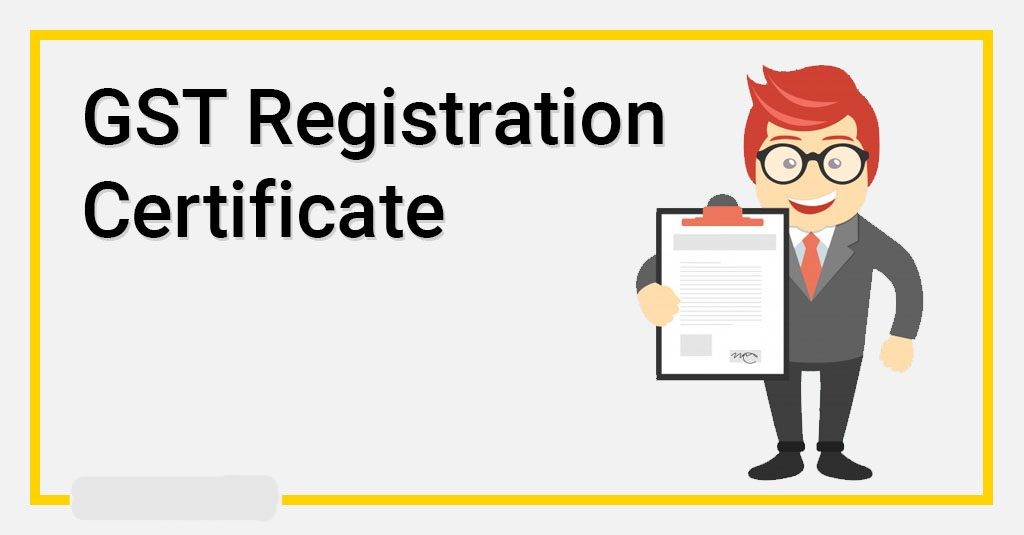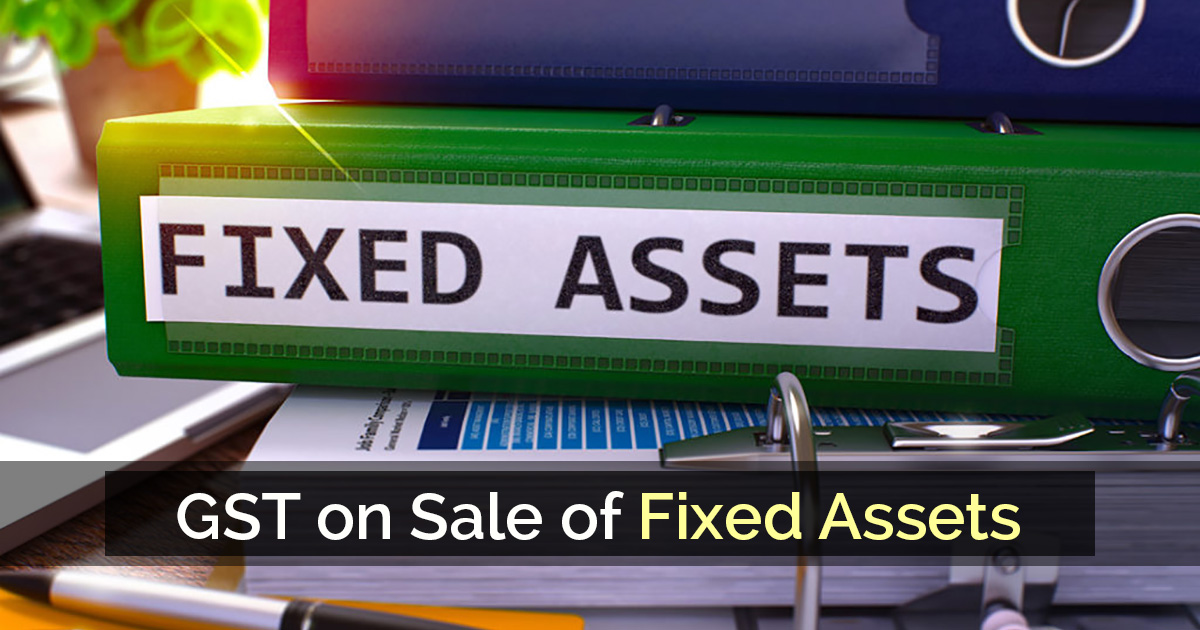Sale of old and used motor vehicles / cars is very common transaction undertaken by persons who are registered under GST law as well as individuals who are not engaged in any business, but sell their old car in order to purchase a new car or due to other reasons. In this article we shall deliberate upon the GST treatment on sale of old and used motor vehicles / cars under various situations.
GST on sale of old and used vehicle / Car by an individual (not engaged in any business).
GST is a tax on supply of goods or services. The term supply has been defined under Section 7 of the CGST Act,2017. As per clause (a) of sub-section (1) of Section 7 , in order to constitute a supply the sale should be made by a person in the course of furtherance of business.
In case a used car is sold by any individual for purchasing a new car or otherwise and such individual is not engaged in business of buying and selling cars. Here even though the sale of old car by an individual is for a consideration, it cannot be said to be in the course of furtherance of his business, and hence does not qualify to be a supply per se.
As sale of old car does not amount of supply, no GST thereon will be applicable irrespective of the fact whether such sale is being made to another unregistered individual or a registered person / car dealer.
It may be noted here that even the registered person / car dealer buying old car from such individual is not required pay GST under reverse charge, as such transaction i.e. sale of old cars is not notified for purposes of payment under reverse charge.
GST on sale of old and used vehicle by a person engaged in business but currently not registered
There may be a situation where a person is engaged in any business and using the vehicle for business purposes , but due to its aggregate turnover being less than the threshold exemption limit of Rs 40 lakhs / Rs 20 lakhs / Rs 10 lakhs , has not obtained GST registration.
In such a case, such person needs to see whether upon including consideration for sale old car the turnover exceeds the threshold exemption limit. It it does not exceed , then no GST would be payable. If exemption limit is breached then such person need to obtain GST registration and pay GST on supply / sale of old cars.
It is important to note here that it should be ensured that in order to continue to avail benefit of threshold exemption limit, such sale of car should be an Intra-State supply i.e. within State supply (supplier and recipient in same State / UT) as in case of Inter-State supply of goods, registration becomes mandatory as per Section 24 irrespective of quantum of aggregate turnover and consequently payment of GST will be trigerred in such cases.
GST on sale of old and used vehicle / car by a GST registered person
In cases where sale of old motor vehicles is made by a GST registered person, without doubt such a supply will be taxable under GST Law and such a person needs to pay GST at applicable rates.
Rate of GST applicable on sale of old and used motor vehicles / Car
The Government had reduced the GST rate on old and used vehicles in cases where the input tax credit / CENVAT credit has not been availed in respect of the motor vehicles, vide Notification No. 8/2018 Central Tax (Rate) dated 25.01.2018 (similar notifications under other GST Act(s)), the Rate of GST applicable on sale of on old and used vehicle in such cases are as follows:
1. GST @ 18% (CGST + SGST or IGST) on Old and used, petrol Liquefied petroleum gases (LPG) or compressed natural gas (CNG) driven motor vehicles of engine capacity of 1200 cc or more and of length of 4000 mm or more.
2. GST @ 18% (CGST + SGST or IGST) on Old and used, diesel driven motor vehicles of engine capacity of 1500 cc or more and of length of 4000 mm
3. GST @ 18% (CGST + SGST or IGST) on Old and used motor vehicles of engine capacity exceeding 1500 cc, popularly known as Sports Utility Vehicles (SUVs) including utility vehicles.
Note: SUV includes a motor vehicle of length exceeding 4000 mm and having ground clearance of 170 mm. and above.
4. GST @12% (CGST + SGST or IGST) on All Old and used Vehicles other than those mentioned from S. No. 1 to No.3
Note: Government also exempted the Cess applicable on sale of Used vehicle where input tax credit / Cenvat Credit has not been availed, vide Notification No. 1/2018 Compensation Cess (Rate) dated 25.01.2018.
It may be noted here that input tax credit on motor vehicles / Cars is generally blocked under Section 17(5)(a) of the CGST Act, 2017 and is available when such motor vehicle is used for further supply, transportation of passengers and imparting training of driving of such vehicles.
As in majority of cases ITC is blocked for motor vehicles and thus no question of it being availed . Thus the above reduced GST rates and NIL cess rate would be applicable on sale of old vehicles.
However in case a person was eligible to avail and has in fact availed input tax credit on motor vehicle which he is now selling, normal GST rate of 18% (if supplier did not claim ITC) and 28% (if supplier claims ITC) plus 20% / 22% towards Compensation Cess, as applicable need to be charged and paid on sale of such motor vehicle (having engine capacity > 1500cc) . Electric vehicles are subject to GST rate of 5% with no GST Compensation Cess and other vehicles are subject to 18% GST and GST Compensation Cess @ 1% / 3%.
How to determine value of supply
GST being an ad valorem tax, in cases where GST is applicable on supply of old vehicles, we need to determine the value of supply, on which applicable GST rate as stated in preceding para shall be applied to find out the GST payable.
As per Notification No. 8/2018 Central Tax (Rate) dated 25.01.2018 the concessional GST rates as discussed by us above will be applied on the “Margin of the Supplier” (in cases where ITC has not been availed on purchase of motor vehicle) which is to be calculated in the manner as mentioned in said Notification as given below:
1. In Case Depreciation under Income Tax Act Availed: Margin of the supplier shall be difference between Sale consideration and depreciated value of such vehicles on date of sale and where the margin of such supply is negative, it shall be ignored.
It may be noted here that the depreciated value here means as per the Income Tax Act. Further income tax law requires computation of depreciation on block of assets , but for the purpose of computation of margin as above , the depreciated value should be determined for the specific vehicle which is being sold.
Illustration 1:
X Ltd had bought a motor car on 05.11.2020 for Rs 5 lakhs. No ITC was availed but deprecation as per Income Tax is availed. Suppose such car is sold for Rs 2.50 lakhs on 27.09.2022.
In such case we need to determine depreciated value as per Income Tax. The rate of deprecation is 15% WDV.
| Purchase of Car on 05.11.2020 | 5,00,000 |
| Less: Depreciation @ 7.50% (being eligible to 6 months deprecation being used for less than 180 days) | (-)37,500 |
| WDV as on 31.03.2021 | 4,62,500 |
| Less: Depreciation @ 15% | (-)69,375 |
| WDV as on 31.03.2022 | 3,93,125 |
| No depreciation under Income tax for FY 2022-23 as sold in this year |
As in the above case the depreciated value comes to Rs 3,93,125/- while the selling price is Rs 2,50,000/- thus the margin for supplier is negative Rs 1,43,125/- , which shall be ignored and the value of supply for levy of GST will be NIL in this case.
Suppose in this case the selling price of Car was Rs 4 lakhs. In such a case the margin of supplier will be Rs 6875/- ( Rs 4,00,000/- minus Rs 3,93,125/- ) on which concessional rate of GST @ 18 % or 12% as the case be would be applicable on sale of cars.
Case Law:
Gujarat Authority for Advance Ruling (‘AAR’) in the case of M/s Dishman Carbogen Amcis Private Limited has ruled that the value to be considered for sale of used motor vehicle would be the difference between Sale price and WDV on date of sale under Income Tax Act, 1961 in cases where Input Tax Credit has not been availed at time of purchase.
2. In other cases: Margin of Supplier shall be difference between selling price and the purchase price where the margin of such supply is negative, it shall be ignored.
Illustration 2:
In case under Illustration 1 , X Ltd had not availed depreciation as per Income Tax the margin of supplier would be Rs 2.50 lakhs ( selling price) minus Rs 5 lakhs (purchase price) which being negative will be regarded as NIL and thus no GST is payable as value of supply is NIL.
In such a case also, if sale price exceeds purchase price( which is next to possible), GST will be payable on above rates on such margin to supplier on sale of Car.
It may be noted that in cases where motor vehicle on whom input tax credit has been availed is sold , same will be subject to normal rate of GST and margin scheme as discussed above will not be applicable and GST will be applicable on the selling price/ transaction value.
Special procedure of valuation for person dealing in buying and selling used vehicles / Cars:
Rule 32(5) of CGST Rules 2017 provides special valuation in case of persons dealing in buying and selling of second hand goods including used vehicles. Such dealers can supply the goods as such or after minor processing which does not change the nature of such goods.
If no input tax credit (ITC) has been availed on the purchase of such old vehicles / cars, then GST may be paid by such dealer, only on the differential amount between the selling price and the purchase price (only purchase price, expenses incurred on minor processing will not be considered) and where such value is negative it will be ignored.
It may be noted here that above special procedure is applicable only in cases where no ITC has been availed by the second hand goods dealer. Such will be the cases where the car dealer buys old Car from individuals, which as discussed supra will not be subject to GST.
However in cases where the dealer buys old vehicle from a registered person which charges GST on the sale, the dealer has two options either not to avail ITC and opt for special valuation under Rule 32(5) , however in such cases the dealer will also not be able to avail ITC on any expenses incurred by him in minor processing / repairs to the Car. Else such dealer can avail ITC and in such a case the value of supply would be the actual selling price of the second hand car.
It is also important to note here that in this case the concessional rates of GST on sale of old vehicles would not be applicable on the outward supplies by such car dealers and normal rate of GST would be applicable i.e. 17% for cars having engine capacity not exceeding 1500 cc, else 20%. However SUVs would be subject to 22% cess on the value of supply over and above the general rate of GST of 28%.
Payment of tax under reverse charge on purchase of used motor vehicle by a registered person from Government
As per Notification No. 4/2017-CT (Rate) dated 28-6-2017 amended vide Notification No. 36/2017-Central Tax (Rate), dated 13-10-2017, w.e.f. 13-10-2017 in case of used vehicles, supplied by Central Government, State Government, Union territory or a local authority, the registered person receiving the supply is liable to pay tax under reverse charge.
In case of sale of used vehicles supplied by Government to unregistered person, respective department of Central Government, State Government, Union territory or a local authority should obtain GST registration and pay GST (forward charge mechanism) as per CBI&C circular No. 76/50/2018-GST dated 31-12-2018.
***
Subscribe to our newsletter from FREE to stay updated on GST Law
[rainbow]Don’t miss the next GST Update / Article / Judicial pronouncement[/rainbow]
Resolve your GST queries from national level experts on GST free of cost.
Frah Saeed is a law graduate specializing in the core field of indirect taxes and is the Co-founder of taxwallah.com. She has authored many publications on GST and is into full-time consultancy on GST to big corporates. She as a part of taxwallah.com heads a team comprising of Chartered Accountants and Advocates and plays a key role in our mission to disseminate GST knowledge to all.




